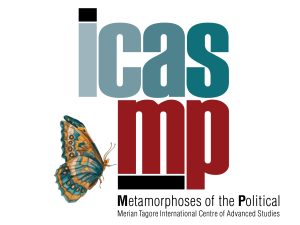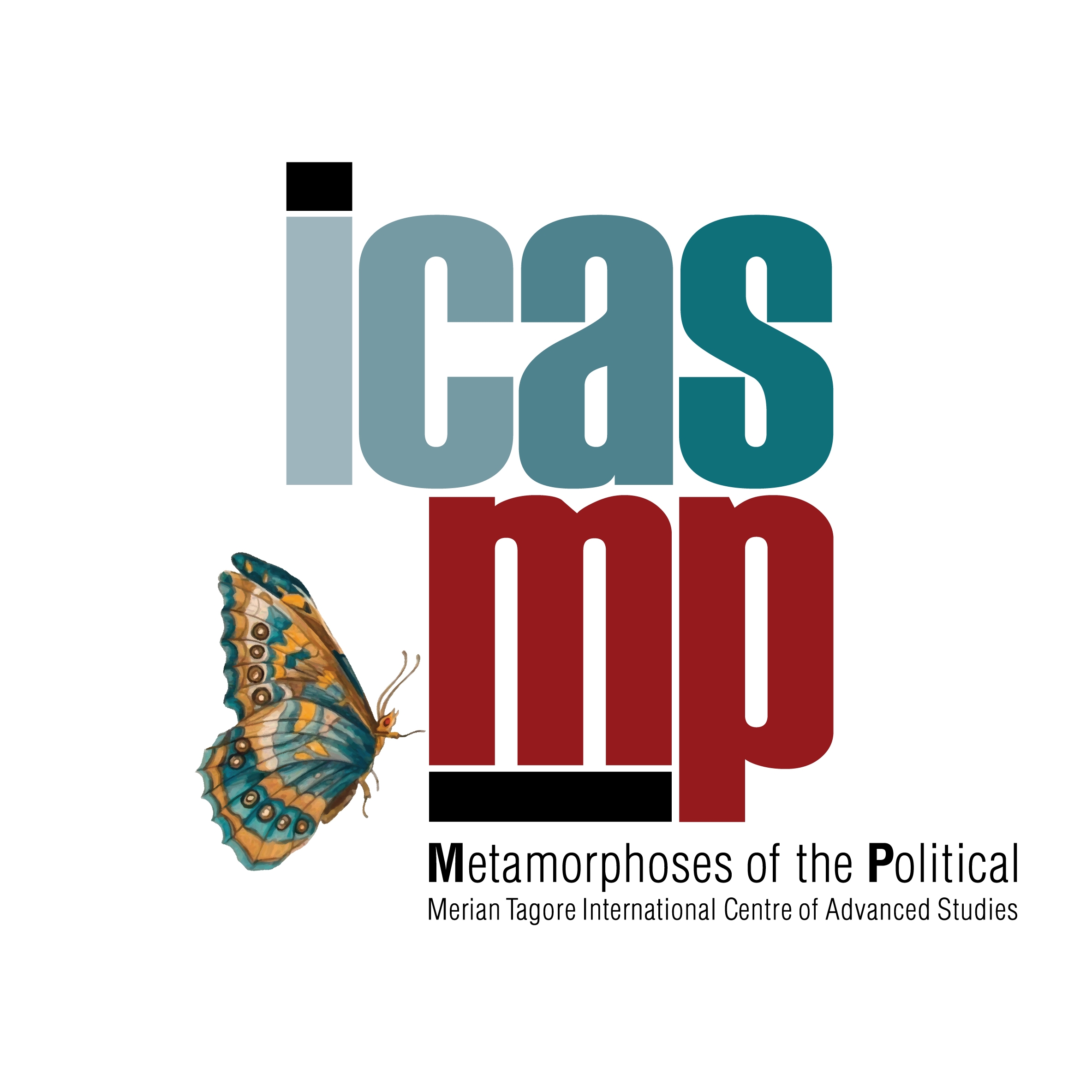
22. Mai 24
Ort
ZeM – Brandenburgisches Zentrum für Medienwissenschaften
Hermann-Elflein-Straße 18
14467 Potsdam
The COVID-19 Pandemic: Insights from Inside Micro-Environments
The COVID-19 pandemic has undoubtedly shone a light on a slew of macro-environmental issues and temporalities that in different ways reflect the ‘metamorphoses of the political’ (ICAS-MP 2022). The pandemic gave rise to milieus that were historical, contingent, and politically enabling or disabling. Yet, how specific natural and built micro-environments dealt with and are coping with the emerging challenges is still being uncovered.
The idea of the workshop is to discuss how in certain contexts, institutions and individuals altered or recreated the use of specific micro-environments during the pandemic by positioning themselves as actors. Actors and institutions, from this perspective, selected aspects of the pandemic that could be made to serve the survival priorities of the affected. The attempts to orient and remake micro-environments varied from the altruistic fostering of human and non-human life at one end of the spectrum to disruptions of existing milieus or their re-emergence at the other end.
The notion of a milieu is adduced to portray and understand these local-global microsites and the practices of associated individuals whose choices were constrained or empowered by the pandemic. Adapting Canguilhem’s perspective to the pandemic would suggest that “the milieu proper to men is not situated within the universal milieu as contents in a container” (Canguilhem, 2008:120). To borrow from Canguilhem, what the pandemic brings to light is how “various living beings carve out their specific and singular milieus in incomparable ways” (Canguilhem, 2008:118). While we fully understand the trauma of those who lost family, friends, and livelihoods, our attempt in this workshop is to delineate the ethics, politics, or survival strategies of actors who realigned their priorities with the possibilities for survival that the pandemic afforded.
The workshop will include three presentations based on fieldwork in India and will invite reflections from interested others on COVID-19 at the Workshop. The presentations from India will build on the theme of micro-environments and focus on three different sites: the milieu of Sikh places of worship (gurdwaras) and their associated volunteers in Delhi who repurposed the micro-environment of sacred spaces to organize relief, the reorganizing and resilience of protest milieus militating against the discriminatory law on citizenship in India that were banished from their protest site following the COVID-19 lockdown in India and the disruptive impact of the closure of girls’-only schools in rural Rajasthan which led to altered practices in its wake.
Participants:
Prof. Dr. Jan Distelmeyer, Professor for Media History and Media Theory, Potsdam University of Applied Sciences and University of Potsdam, Germany.
Dr. Maximilian Hepach, post-doctoral researcher and project coordinator, University of Potsdam, Germany.
Dr. Kanchan Mathur, Professor (Hony.) Institute of Development Studies, Jaipur. India.
Dr. Rita Brara Mukhopadhyay, Visiting Professor, Department of Sociology and Social Anthropology, Ashoka University, India
Dr. Ronie Parciack, Senior Lecturer, Department of East Asian Studies, Tel Aviv University, Tel Aviv, Israel.
Prof. Dr. Birgit Schneider, Professor for Knowledge Cultures and Media Environments, University of Potsdam, Germany.
As this is an internal workshop, registration is unfortunately not possible.






